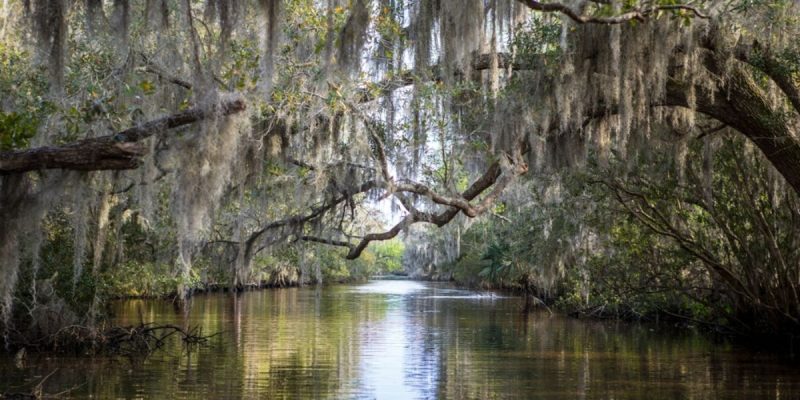Bovada’s business in the bayou may soon become bygone. The state’s gambling regulatory agency has sent a cease-and-desist letter to the unlicensed online casino operator, informing it that its acceptance of paid plays violates Louisiana law.
While the Louisiana Gaming Control Board (LGCB) has little real enforcement power over Bovada, there is barely any downside to taking this action for the state. However, for Bovada, this issue will become a make-or-break point in the United States.
LGCB chair reveals Bovada action
During an Aug. 15 hearing in the Louisiana House of Representatives, LGCB chair Chris Hebert told members that the LGCB sent the letter in question to Bovada’s parent company on Aug. 6. Hebert said that the letter demanded Harp Media, Bovada’s owner, cease operations in Louisiana.
Under Louisiana law, it is illegal to offer real-money online casino games. There is a regulated framework for online sports wagering in most of the state, but Harp Media lacks the proper license.
So far, Bovada has not complied with the order or even confirmed receipt of the letter. Bovada’s recent track record suggests that might be forthcoming.
Bovada might expand its restricted list again
Bovada has been active on this issue as it pertains to US jurisdictions. To date, it has placed at least 11 states on its restricted list as law enforcement and regulators have notified them to cease and desist.
That includes five of the seven US states in which real-money online casinos are regulated and Nevada. In Nevada, licensed online poker sites operate legally.
Authorities in Pennsylvania and Rhode Island have yet to press the issue publicly, perhaps explaining why they are the outliers. On the other hand, Bovada may not yet have reached a tipping point as far as its operations in the US go.
Will Bovada push back?
With its restricted list already including 10 states and Washington DC, Bovada has voluntarily bowed out of a fifth of the nation in terms of jurisdictions. If dominoes continue to fall, Harp Media will face the decision to exit entirely or start to push back against foreign governments.
Harp Media is based in Curaçao. Thus, US state governments, much less regulators, have no direct authority over the company.
The best any such body can hope to do is to convince the government of Curaçao to comply with its wishes and put pressure on Harp. Harp may have complied to avoid the potential cost of defending its business altogether.
Whether the juice will ever be worth the squeeze and Harp will ignore such demands will depend on future events. From a broader perspective, that decision could carry a lot of weight.
The cat-and-mouse game of enforcement
In addition to a lack of jurisdiction, another mitigating factor in enforcing state gaming laws against foreign companies is akin to a game of whack-a-mole. Bovada is just one brand and Harp Media is just one entity offering online casino games without a license to US players.
Even if US agents were able to gain cooperation from Curaçaoan authorities and inflict consequences for this activity, there’s no guarantee that they could replicate the feat. Moreover, enforcement bodies might determine that the benefit of doing so is not worth the expense.
That might be why no state agents have yet to really press the issue with Curaçao’s government, merely hoping that they can persuade companies like Harp to vacate their vicinity voluntarily. If Harp scraps US operations entirely or resists such calls, that might serve as precedent.
Bovada’s online casino operations remain a mystery
It’s unclear how much of Bovada’s revenue comes from states where Harp has not voluntarily ceased operations. Some of the nation’s most populous states like California, Florida and Texas are not on the restricted list.
However, other states like New York with strong populations are on the list. The threat of enforcement actions seems to be a catalyst to some degree so far.
Should Bovada cease all operations in the US at some point, that might prove a warning shot to similar companies. Successful defiance might embolden such enterprises, too.
In the end, as many have called for, the involvement of the US federal government could become a necessary linchpin if any significant change is to happen. Until then, bodies like the LGCB will have to hope they can make enough noise to affect change locally.








